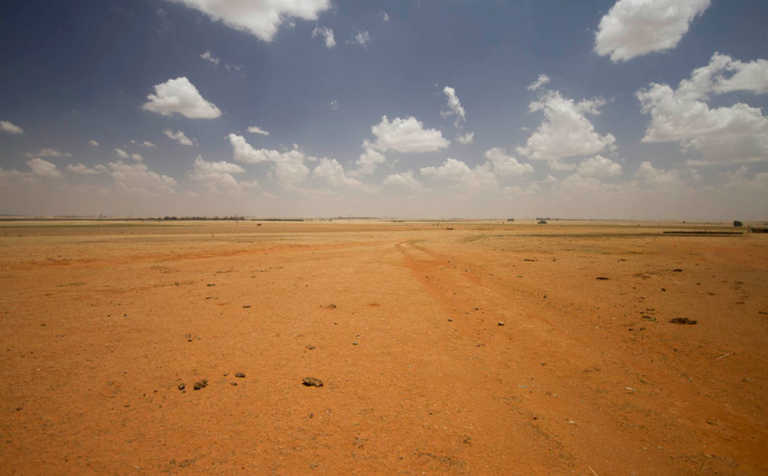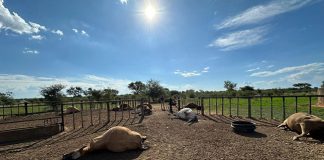
Photo: Sabrina Dean
Free State Agriculture (FSA) has welcomed the news that the province has been declared a drought disaster area.
This follows a notice issued by the provincial department of Cooperative Governance and Traditional Affairs (CoGTA) in the Free State to all municipal managers last week to inform them of the declaration.
READ Feed donations for drought-stricken Sutherland farmers
In response to this notice, all municipalities were tasked with convening special council meetings declaring the drought a disaster at municipal level through formal council resolutions.
They were then required to submit their disaster declarations to CoGTA’s Disaster Management Unit, along with the necessary “business plans” for assistance in three areas, including disaster mitigation plans such as the drilling of boreholes; funding to mitigate the disaster by providing fodder or protein pellets to farmers; and water restriction measures.
Francois Wilken, FSA president, said the association’s representatives had already started gathering information from their members, including applications that would be submitted for assistance.
READ Follow these steps when drafting a business plan
The association’s main concerns, however, included the form assistance would take, who would receive aid, and whether government had the necessary funds to provide assistance to drought-stricken farmers.
He also expressed concern that any aid that may be forthcoming would arrive too late.
Wilken added that the FSA was hopeful that a forecast of widespread rain over the coming weekend would materialise and help alleviate the situation.
READ Climate change: it’s happening faster than you think
He added, however, that even if it did rain, it would not be the end of farmers’ struggles, as grazing would take time to grow and crops planted late were at risk from early frost, continued dry spells, and other climatic disasters.
The ideal, he said, would be the creation of a national disaster fund to facilitate drought insurance on inputs. Commercial farmers desperately needed a “safety net” to cover the cost of inputs such as seed, fertiliser, chemicals and fuel when they were unable to realise a harvest due to climatic disasters.
Join the Farmer’s Weekly News WhatsApp Group for daily news updates.











